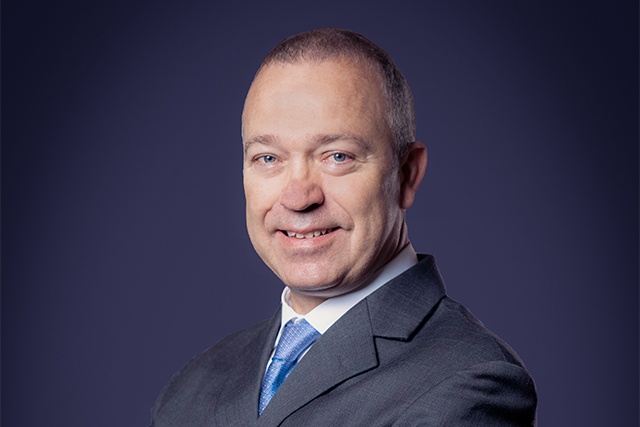Scientists have asserted that the rise in temperatures due to global warming carries risks of increased flooding, wild fires, extreme weather, and destruction of natural species. Faced with these impending catastrophes, signatories of COP26 have pledged carbon neutrality by 2050 to reduce global temperatures to 1.5 degrees. As a signatory of COP26, South Africa created the Presidential Climate Commission to foster a pathway for a net-zero, climate resilient economy by 2050. On 18 February 2022, the government introduced the Climate Change Bill to enable effective climate change response and a long-term, Just Energy Transition to a low-carbon economy and society for South Africa.
Exxaro is making its contribution in the mining industry to sustainable development. Our 2021 Environmental, Social and Governance (ESG) Report showcases that we have been steadily working towards decarbonisation through our Sustainable Growth and Impact strategy. Our strategic objectives advocate for Just Transition to occur in a manner that balances South Africa’s economic development needs, ecosystem protection and social adaptive capacity.
Just Transition for Exxaro is occurring gradually to ensure a smooth business transition that will make a positive impact on all our key stakeholders. We are diversifying our minerals portfolio (which mainly consists of coal) to include manganese, copper, bauxite, and renewable energy solutions. This diversified business model ensures that all stakeholders continue to earn social, environmental and economic returns, while employees retain their jobs and communities enjoy the benefits from mine development.
While the diversification of Exxaro’s business operations sustains economic benefits throughout the Just Transition, there is still a recognition of the impact the mining industry has on ecosystems and social developments or lack thereof. As documented in our 2021 ESG Report, most of our mines are in Mpumalanga where water is scarce and biodiversity highly sensitive, surrounded by communities that reflect South Africa’s socio-economic challenges such as unemployment and a lack of access to basic services such as electricity, water, sanitisation, and education.
In response to the challenges faced by our host communities, we have launched various projects that will deliver sustainable, long-term prosperity for those communities and their ecosystems. For example, in terms of our response to Waste Management, our sustainability approach embraces the principle for attainment of Zero Waste Operation. Thus, we have recycling systems implemented and operated by third-party specialised companies in our operations. We are currently evaluating the opportunities presented by the Circular Economy concept, which focuses effort on leveraging current mining for future economic and social use. That way we limit harm caused to the land we mine on, which can be used for alternative economic activity.
While we are making great strides towards diversified sustainable development, our coal assets still generate over 90% of our revenue. There is great economic and financial risk for (mining) companies resisting the move towards cleaner energy solutions. Globally, funding of coal-related operations is being diverted to investment that supports a low-carbon economy. The financial institutions are evaluating the impacts of climate change scenarios on borrowers’ revenues, costs, and property values, and how this could affect the probability of default and loan-to-value ratios at a borrower and portfolio level. Furthermore, insurance premiums against coal assets have steadily increased and will continue to do so.
Fortunately, government is aware of the economic risks posed by the mining industry shouldering all financial risks of a Just Transition. It allows specific tax-free allowances to facilitate smooth transition to a low-carbon economy and eliminate competition among affected industries through CO2 emissions nominal tax reduction. As the mining industry, we must ensure the sustainability of our economy, development of our societies and preservation of our planet.
